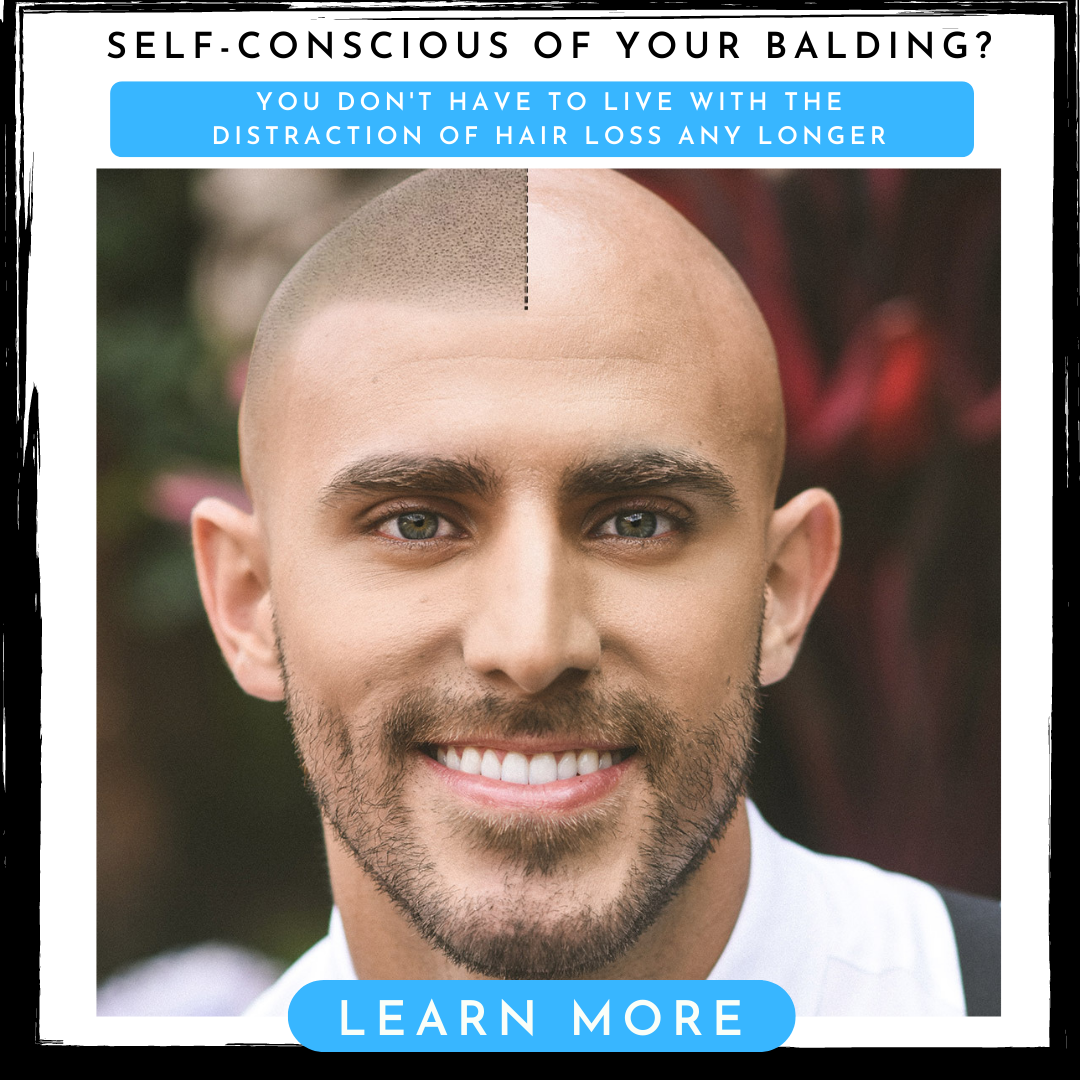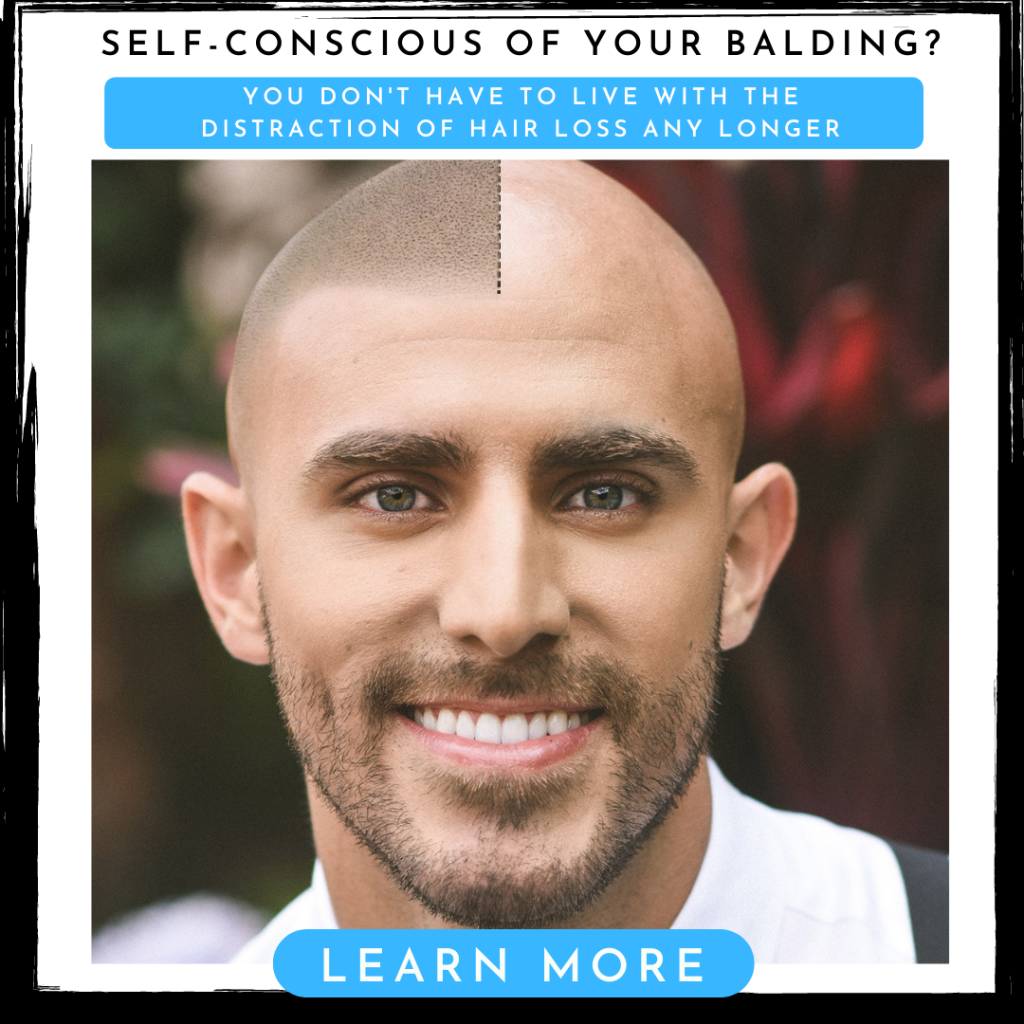“Who are you?”
We’re all very familiar with this question and may have asked this on more than one occasion. A question holds deep meaning that you can get many different answers from asking this to the same person over and over again. What makes this question so profound is because this directly touches on how we perceive ourselves, which can change over time the more we discover ourselves and the world around us. This question seeks an answer from our self-awareness, our self-concept.
While many people can declare that they have a good perception of themselves, not all of them are aware of how their understanding of themselves affects everything in their lives. In this article, we will be explaining the idea of self-concept in great detail and hopefully help you have a deeper understanding of yourself.
Table of Contents
The term “self-concept” generally means our perception of who we are as a person. It includes how you perceive your identity, behavior, skills, and other unique characteristics.
While the idea itself is easy to grasp, how it impacts our lives can sometimes go beyond our understanding. It is because our self-concept heavily influences our thoughts, emotions, and actions of our daily living. And by allowing yourself to define who you think you are, you understand your place in this world.
To better understand this thought, we need to know what are some examples of self-concept and how this thought process can affect our interactions with the world.
When a person identifies himself as a rebellious spirit, for example, he can consciously or unconsciously resist other people’s expectations, opinions, and orders. At the same time, they want to find a part of the society where they belong, which is most likely a group of people with the same mindset. Self-concept acts as a filter on how we interact with our surroundings and how we let our surroundings affect us based on the identity that we’ve recognized in ourselves.
So far, we’ve just defined “self-concept” at its face value. But to broaden our understanding of this further, we also need to view this from a scientific perspective. The idea of self-concept is significant in the fields of humanistic and social psychology.
Psychologist Michael Lewis (1990) proposed that the self-concept is developed by these two aspects:
- The existential self. Our existential self is the sense that you are a separate and distinct entity from others and that you are constant. This sense is widely accepted as the basic, if not the first, part of self-concept as it can be developed during the early months of a person’s life.
- The categorical self. After the development of the existential self, you realize that even though you are a separate and distinct entity, you are still an object of the world. That alongside you are other objects and entities of the world existing with you at the same time.
Each object of this world has its own “properties” which we can categorize. How you classify yourself based on your properties is called the categorical self.
These properties may be something that you can experience physically (size, color, texture), or emotionally (feelings and mood). Using these properties as a basis, it allows you to categorize yourself according to gender (male or female), age (29 years old), feelings (hunger), mood (ecstatic) and so on.
However, how you categorize yourself is ever-changing as it can be affected by other references such as any changes to your self-evaluation, comparisons, and feedback from other people.
Another psychologist from an earlier generation, Carl Rogers (1959), proposed a humanistic approach for the idea of self-concept. According to him, three components make up our self-concept.
Namely, these are self-esteem or self-worth, self-image, and the ideal self.
At a glance, it may be difficult to understand the fine line between self-concept and its components. Especially true for the comparison of self-concept vs self-esteem. However, Rogers successfully defined the meaning and the difference between these concepts.
Self-esteem refers to how much we value ourselves, or what we feel we are “worth”. This is based on the extent of how much we like what we see in ourselves and accept how we are. Hence, self-esteem always involves some degree of appraisal of ourselves and can have both a positive or negative impact on our self-concept.
Self-image is simply how you see yourself. A person’s self-image is the combination of multiple attributes such as physical qualities, personality traits, social roles, and feedback from others. However, this does not necessarily coincide with reality. Some people may have exaggerated images of themselves in their heads or believe in a personal flaw that does not exist.
Lastly, the ideal self is the idea of what kind of person you would like to be. A person’s goal for their ideal selves are always changing, regardless if it is achieved or not.
So how exactly do these three components affect one another? And how do they collectively affect your self-concept?

When a person’s ideal self and their experienced self-image are consistent and have a high degree of similarity, congruence is present. And the higher your congruence is, the higher your self-esteem becomes. This leads to you having a positive self-concept and makes it possible for you to reach self-actualization.
Realistically speaking, our image of ourselves is not always aligned with how we want to be (our ideal self) and that is perfectly normal as most of us tend to distort reality to a certain extent. Hence, all people can experience some degree of incongruence with their self-concept.
On the other hand, when what you’ve experienced in reality only has little to almost no match to your visualized ideal self, a state of incongruence exists. In this state, a person can find their experience from reality unsatisfactory, which in turn distorts their self-image. As we prefer to see ourselves close to our visualized self-image, incongruence may cause us to use our defense mechanisms (denial, anger, bargaining, repression) as the truth can make us feel hurt and threatened.
Rogers also believed that a person’s experience during early childhood plays a significant role in the development of congruence and incongruence during the later stages of life.
He suggested that incongruence is developed when parents place a condition on their affection for their children, making their affection comparable to a reward system. This is called conditional positive regard. Children who grew up with this kind of treatment learn at an early age that they will not be loved for who they are, but only when they behave in a way that’s acceptable for other people.
On the other hand, children who’ve experienced unconditional positive regard or “love” from their parents easily fostered congruence. As they feel loved regardless of who they are, they often do not feel the need to change themselves to gain the acceptance of their parents. They also do not feel that anything positive (affection, condition, or material things) will be taken away from them if they make any mistakes.
There are other theories out there that offer to expound what self-concept is. But regardless of whichever theory is more acceptable to you, it doesn’t change the fact that how you view yourself directly affects you and the others around you.
A heightened self-concept impacts your knowledge about your self. At the same time, it helps you become more aware of both your strengths and flaws. This deep understanding and acceptance of yourself allows you to be true to yourself and express yourself wholeheartedly to others. And most importantly, it grants you a realistic perspective on who you currently are and where you are heading, allowing you to self-actualize and realize your full potential.
“What I do is the truest mirror of who I am.”
–Craig D. Lounsbrough
The benefits of having a positive concept of yourself are not just limited to your psychological and social aspects. It can produce a holistic effect on your wellbeing. Doing some reality checks from time to time and having a ‘‘down to earth” mentality can do your self-esteem a favor.
How close is your self-image to your ideal self? We’d love to hear it!









